News from the Institute for International Trade
Search news stories
Enter a keyword to search news.
Europe and Africa: Interests and values must be aligned with mutual respect
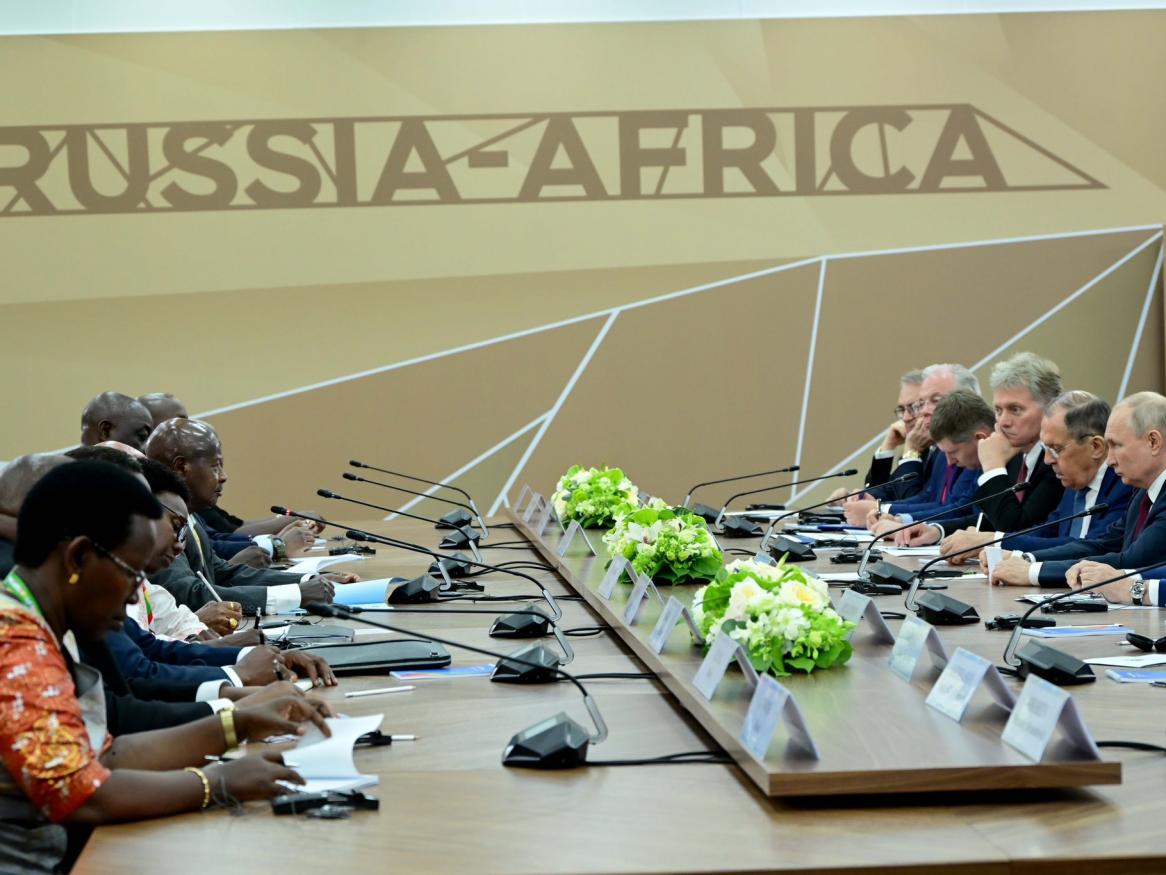
Prof. Dr. Stefan Liebing is CEO and owner of Conjuncta GmbH, Prof. Dr. Andreas Freytag is Professor at the Friedrich Schiller University Jena
Russia’s invasion of Ukraine sharply escalated the incipient global contest for influence between the West and authoritarian powers. Africa, historically a stronghold of European influence, is one arena. Why aren’t African leaders supporting the international rule of law by moving to isolate Russia? In this article the authors argue that Europe needs to de-emphasise values and do more to elevate African trade and investment needs to the top of their engagement with Africa.
[Read more about Europe and Africa: Interests and values must be aligned with mutual respect]
Quantifying the impact of Chinese coercion on key Australian commodity exports

Mike Adams former Department of Foreign Affairs and Trade (DFAT) economist, Ron Wickes former Director of the Trade Analysis Section of DFAT consider recent analyses of the costs of Chinese economic coercion to Australian exports. Whereas some argue those were relatively minor and easily absorbed, in their view the costs have been substantially higher than hitherto appreciated. Understanding the true costs has important implications for calibrating bilateral trade strategy towards China.
[Read more about Quantifying the impact of Chinese coercion on key Australian commodity exports]
Sustainability in European Union Trade Policy
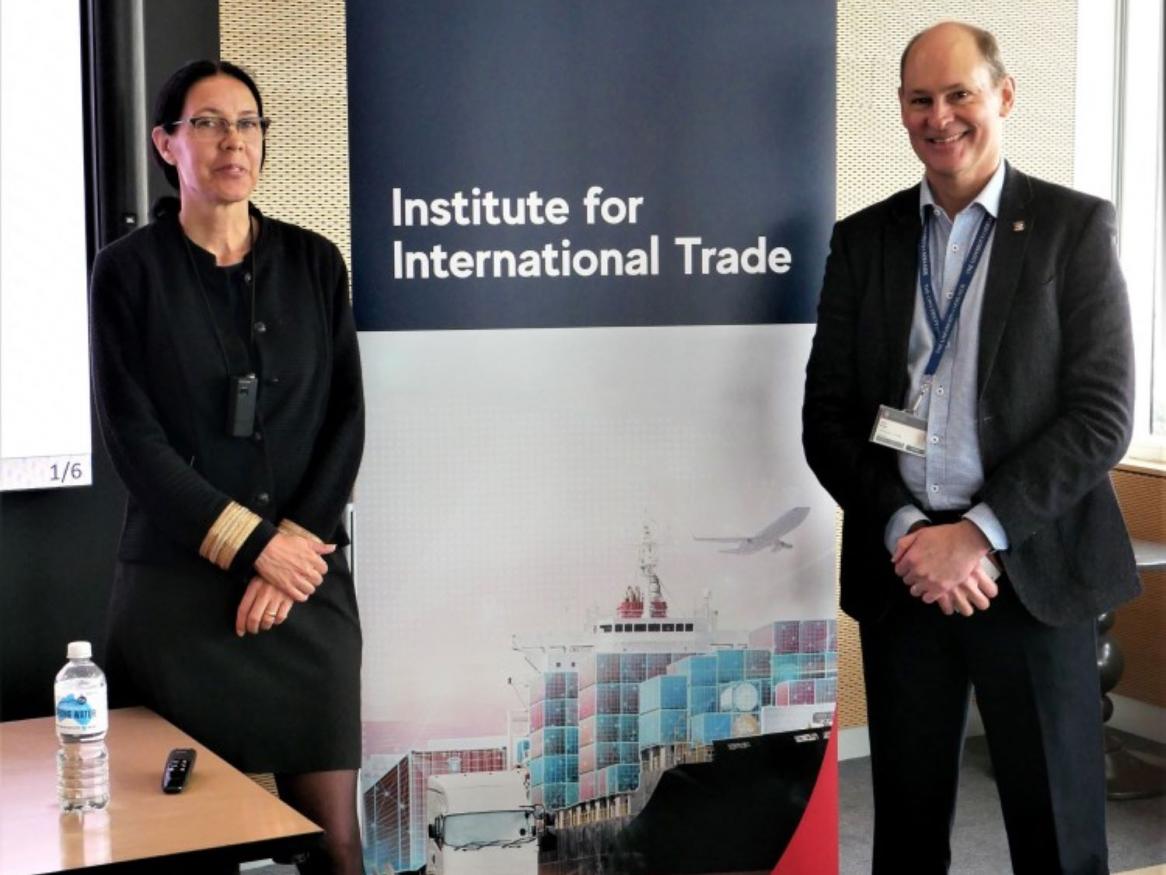
30 June, 2023. The Jean Monnet Centre of Excellence hosted its inaugural seminar on Sustainability in European Union Trade Policy. The EU’s trade policy sets out to support a transformation of its economy and help foster global sustainable development. This can substantially influence global trade and investment and serve as an instrument to attain climate neutrality.
[Read more about Sustainability in European Union Trade Policy]
Seminar: Sustainability in European Union Trade Policy
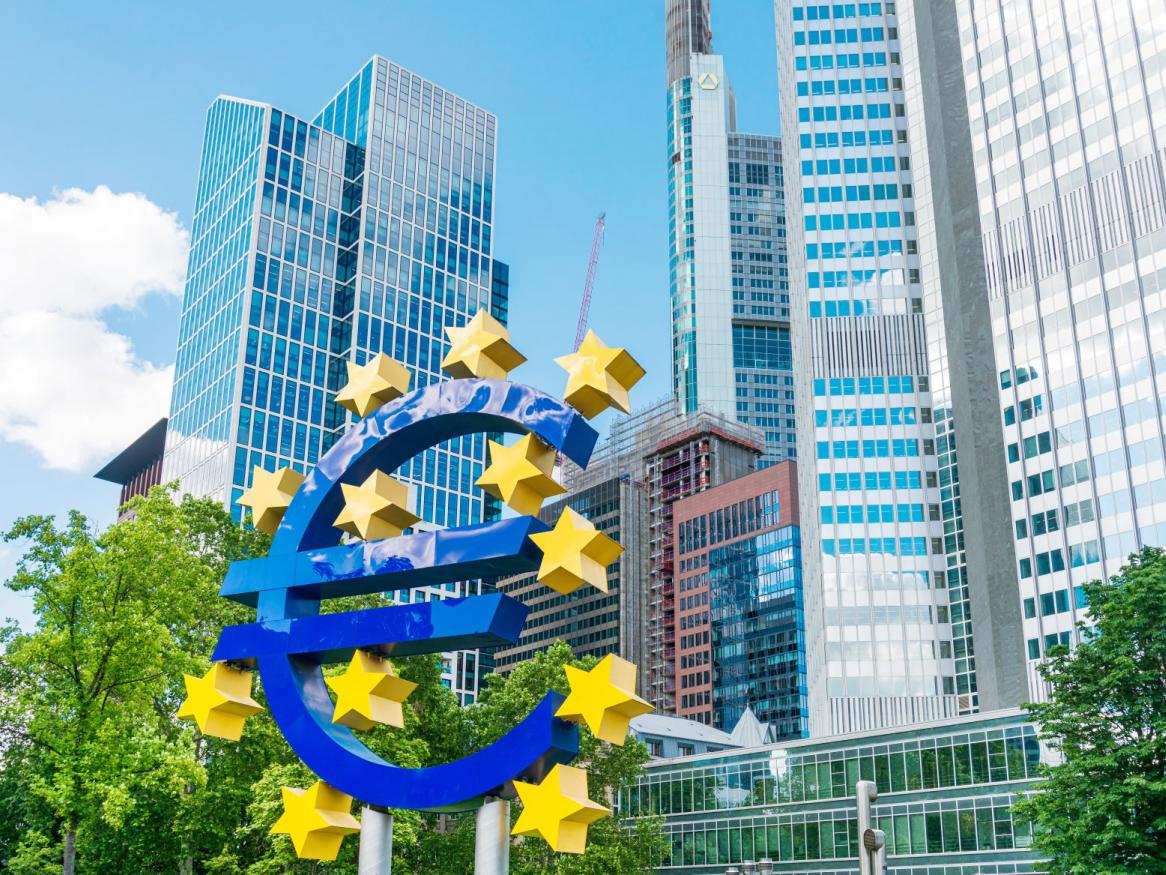
The Jean Monnet Centre of Excellence invites you to its inaugural seminar on Sustainability in European Union Trade Policy.
The EU’s trade policy sets out to support a transformation of its economy and help foster global sustainable development. This can substantially influence global trade and investment and serve as an instrument to attain climate neutrality.
[Read more about Seminar: Sustainability in European Union Trade Policy]
Standing up to Chinese economic coercion: Is Australia a model of economic resilience?

WORKING PAPER 13
Contrary to some prior research findings, the economic costs to Australia of China’s economic coercion are high. Unfortunately, while the bilateral mood music is improving resetting relations may not be possible, nor likely, as both countries pursue economic diversification from the other. Yet there is much to be gained from a calibrated shift in trade and investment relations, notwithstanding the hostile geopolitical environment. Australia needs to establish a 10-15 years strategy for where it wants the relationship to be, and like every other country in the region, negotiate its differences with China.
Markets are moral by default – what about governments?

Andreas Freytag, Professor and Chair of Economic Policy, Friedrich Schiller University, Jena, and Visiting Professor with IIT
The German law on corporate due diligence in supply chains, also known as the Sustainable Supply Chain Law, has now been in force for four months. Similar laws in other countries have a longer history. Overall, efforts by Western lawmakers to regulate domestic companies and encourage, if not require, compliance with human rights, labour, and environmental standards along their entire value chain are picking up steam.
[Read more about Markets are moral by default – what about governments? ]
Jean Monnet Centre of Excellence in Trade & Environment
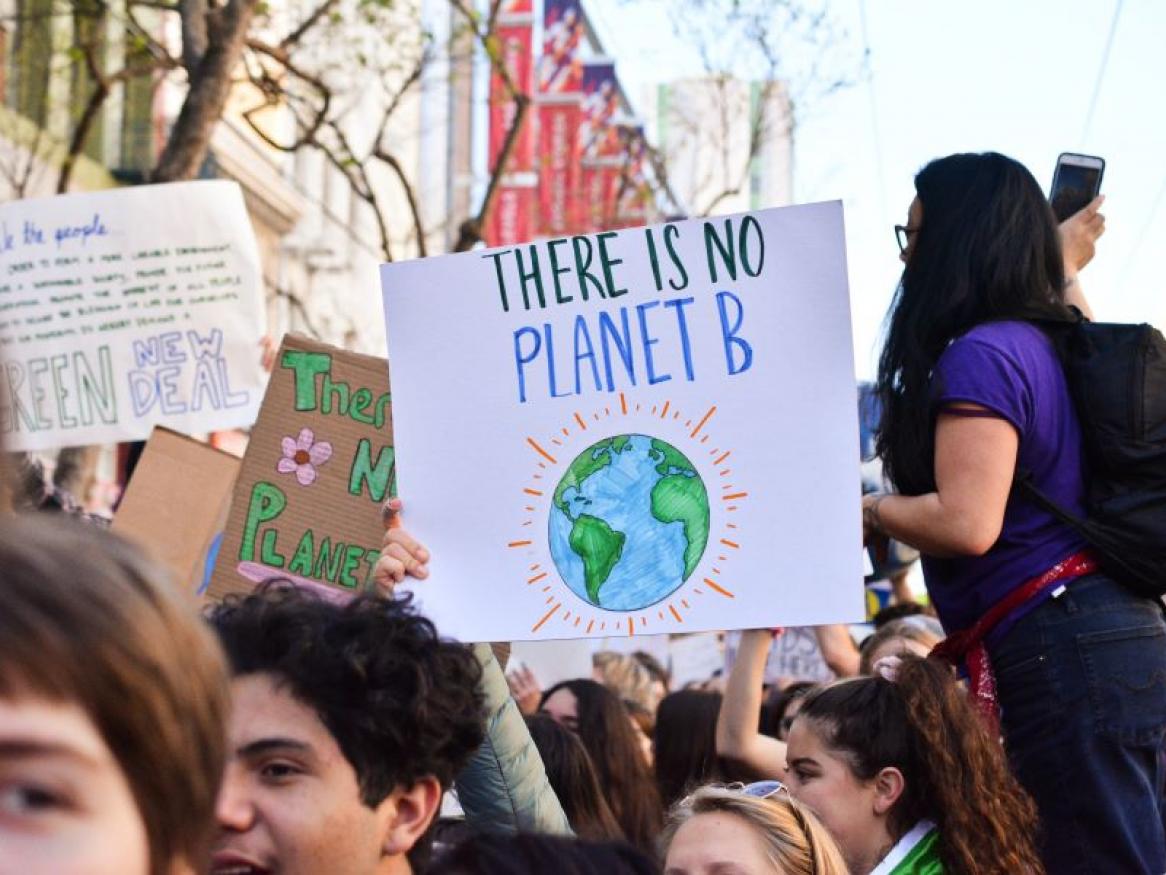
The University of Adelaide, through its Institute for International Trade, has established the Jean Monnet Centre of Excellence in Trade and Environment. Funded by the EU’s Erasmus Plus programme, the COE will work across the University, including its Environment Institute and Institute for Sustainability and Resources, to catalyse research into linkages between international trade and the environment. The COE will also emphasise stakeholder and community engagement to raise awareness of these linkages.
[Read more about Jean Monnet Centre of Excellence in Trade & Environment]
What to expect from June’s China-Africa Economic and Trade Exhibition
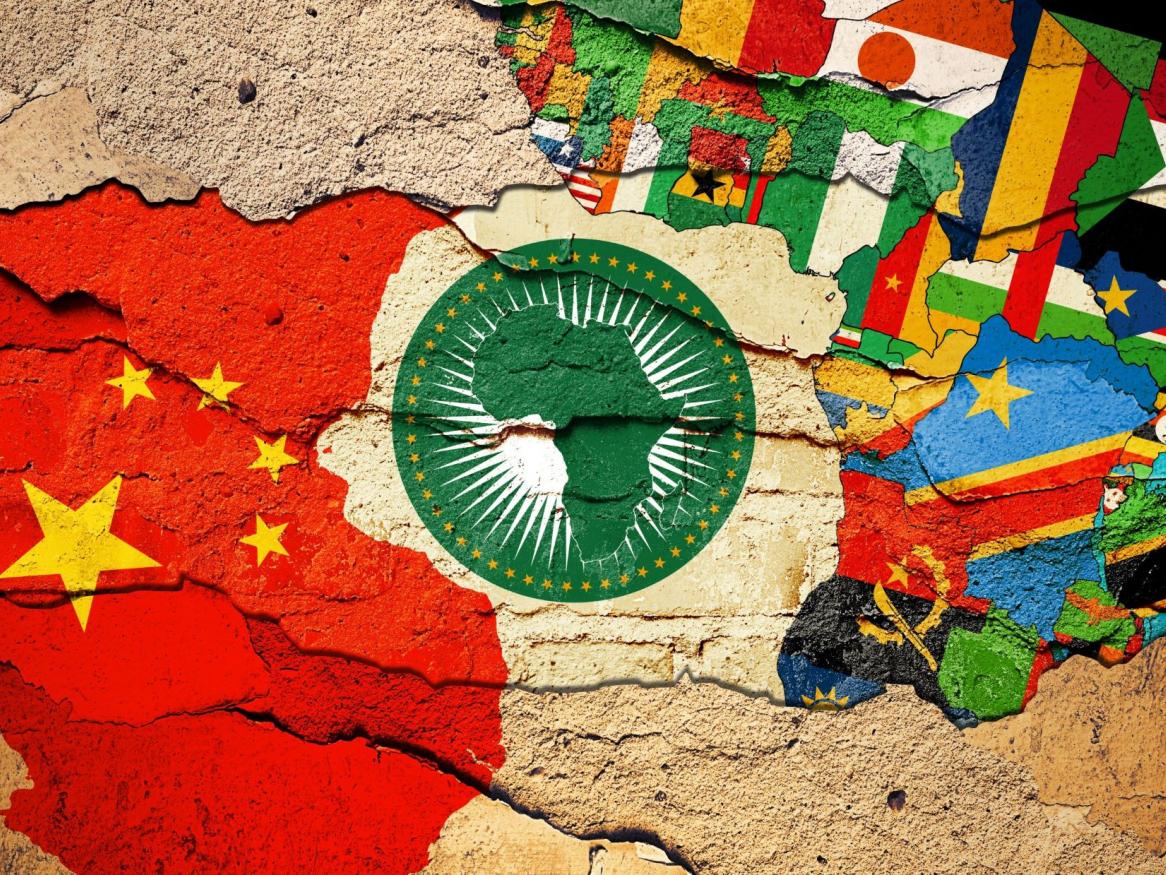
Dr. Lauren Johnston is a Visiting Senior Lecturer, Institute for International Trade, Adelaide University and Associate Professor, China Studies Centre, University of Sydney. As Australia’s trade relations with China are being reset, both countries are simultaneously pursuing diversification opportunities. For China, Africa is an important source of minerals and agricultural commodities that could rival Australia. In this article Lauren Johnson reports on an important forthcoming event that aims to take China-Africa trade relations to the next level.
[Read more about What to expect from June’s China-Africa Economic and Trade Exhibition]
The Political Economy of Due Diligence Legislation
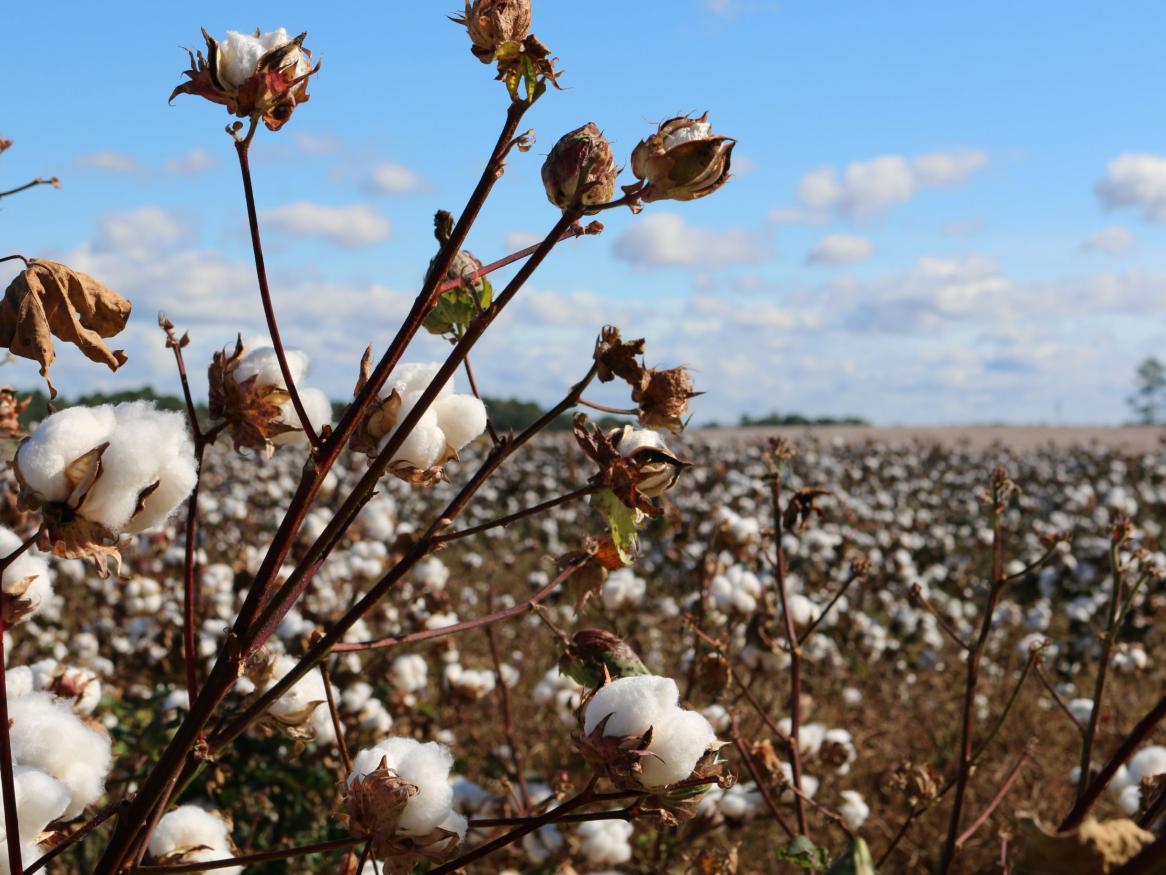
Prof Peter Draper The Institute for International Trade, The University of Adelaide. Prof Andreas Freytag, Friedrich Schiller University, Jena. Naoise McDonagh, Edith Cowan University. Prof Matthias Menter, Friedrich Schiller University, Jena. Western democracy increasingly values human and social rights, civil liberties, and sustainability issues. This is materialising into legalisation, obliging domestic businesses to both comply and enforce these values along supply chains. However, this legalisation has its controversies regarding compliance costs, impacts on foreign relationships, and effectiveness, inter alia. Due diligence legislation is inherently complex. This policy brief develops a conceptual overview of the political economy challenges when designing these laws and evaluates how Western countries could enforce values-based trade along international supply chains.
[Read more about The Political Economy of Due Diligence Legislation ]
Geopolitical tensions and economic fragmentation: a trade policy response
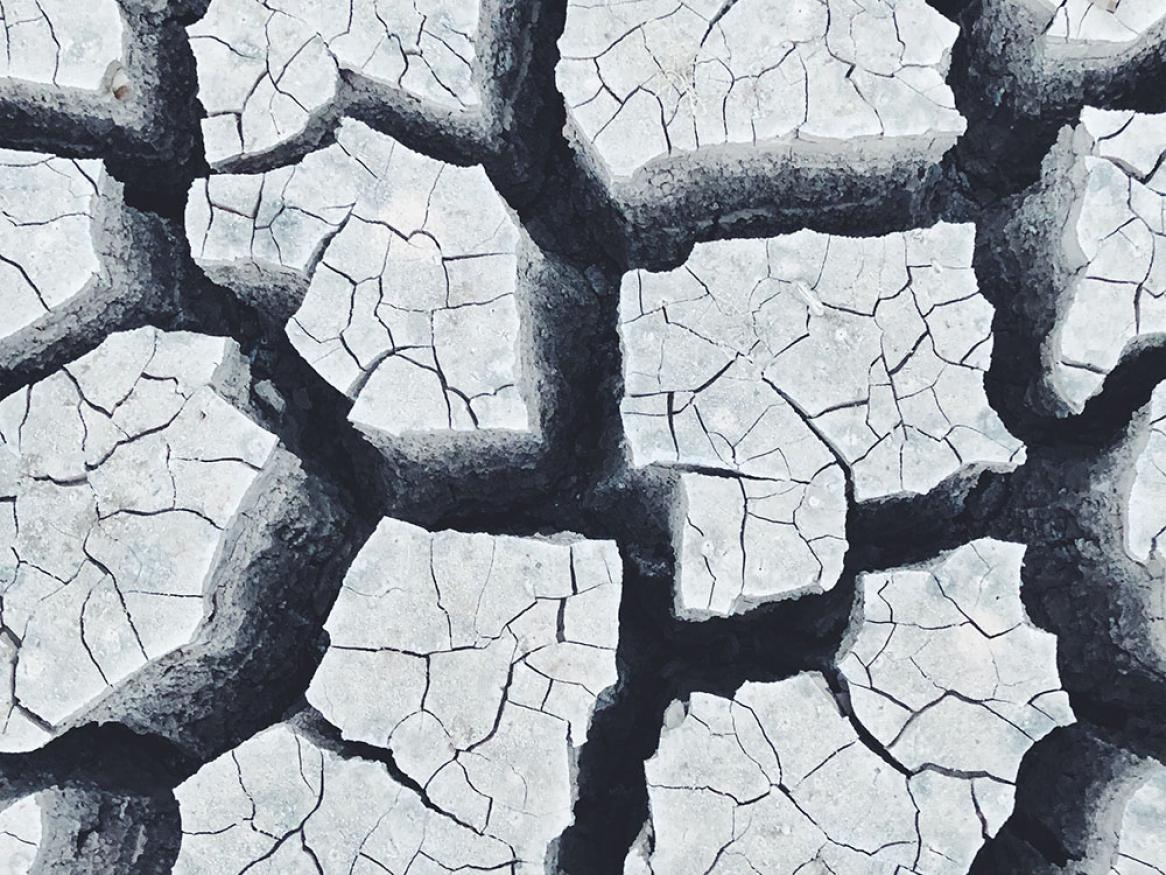
Carlos A. Primo Braga is an Adjunct Professor, Fundação Dom Cabral, Brazil; Visiting Professor at IMD, Switzerland and at El Colegio de México.
Douglas Lippoldt is a non-resident Senior Fellow at the Centre for International Governance Innovation (CIGI, Canada). At a time when effective global co-ordination and action are desperately required, developments on the ground present several challenges. The shock from the COVID-19 pandemic elicited protectionist sentiment in some areas and continues to weigh on the global economy, despite the heroic response by the medical community. The war in Ukraine is tremendously costly to the adversaries. It has also proven very costly to third parties, especially those dependent on food and energy supply from the region.
[Read more about Geopolitical tensions and economic fragmentation: a trade policy response]
This work is licensed under Commons Attribution-NonCommercial-NoDerivatives 4.0 International License.
IIT is a global leader in researching, analysing and commenting on International Trade.
Stay informed about our up-and-coming seminars, events, publications, awards, new projects and collaborations, and other exciting news.
